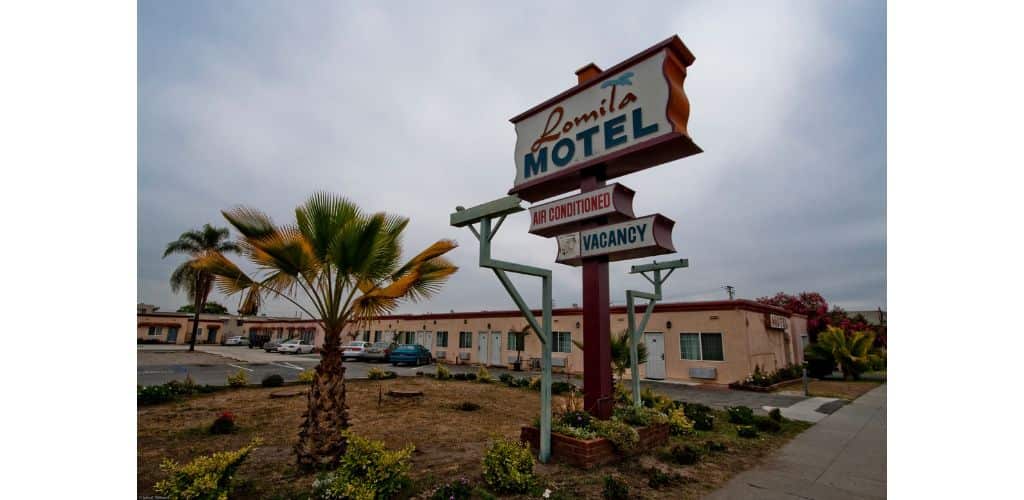The Federal Circuit has affirmed a judgement of non-infringement of a patent based on a term that appeared in a provisional patent application but was deleted from the non-provisional patent.
The case is DDR Holdings, LLC v. Priceline.com LLC, No. 2023-1176 (Fed. Cir. Dec. 9, 2024).
The ’399 patent at issue relates to generating a composite web page that combines certain visual elements of a “host” website with content from a third-party “merchant.”
As the court explains, the e-commerce system disclosed in the patent involves “three main parties” aside from the end consumer: merchants, hosts, and outsource providers.
- Merchants are the producers, distributors, or resellers of the goods to be sold through the outsource provider.
- A Host is the operator of a website that engages in Internet commerce by incorporating one or more links to the e-commerce outsource provider into its web content.
- The outsource provider is an intermediary between the host and merchant that “[c]reate[s], maintain[s], and update[s] the ‘look & feel capture’ process through which consumers can shop in a Merchant-controlled storefront on the Host website.
DDR sued Priceline.com in 2017 for infringement of four patents, including the ’399 patent at issue.
Priceline.com then petitioned the Patent Trial and Appeal Board (PTAB or Board) for inter partes review (IPR) of all four asserted patents.
The PTAB found all challenged claims of three of the patents to be unpatentable. However, the Board found that the challenged claims of the ’399 patent were not shown to be unpatentable.
The Board construed “merchants” to mean “producers, distributors, or resellers of the goods or services to be sold.”
(Emphasis added by Ninth Circuit.)_
At the district court, the parties disputed the construction of the terms “merchants” and “commerce objects.”
DDR proposed that “commerce object” be construed as “a product (goods or services), a product category, a catalog, or an indication that [a] product (goods or services), product category, or catalog should be chosen dynamically.”
Priceline proposed that “commerce object” be construed as “a product, a product category, a catalog, or an indication that a product, product category, or catalog should be chosen dynamically.”
The district court found that the patent’s written description treats “goods” and “product” interchangeably, and that it distinguishes them [from] “services.”
During the claim construction hearing, the district court looked at the claim language and found there was “no reference to services.”
The district court next looked at the written description and determined it contained “no references to a merchant providing a service.” Instead, merchants were always discussed with respect to products or goods.
In the provisional patent application, “merchants” had been “defined as producers, manufacturers, and select distributors of products or services.”
(Emphasis added.)
The district court noted that the “deletion from the written description [of the non-provisional ’399 patent] of a term that was in the provisional application . . . . contributes to an understanding of what the scope and meaning of the final application, the final written description reflects.”
DDR didn’t offer an explanation as to why, compared to the provisional application, the ’399 patent omitted the term “services” from its specification.
DDR alleged that the district court erred in construing the related claim term “commerce object” to include goods, but not services.
Here, said the federal circuit, the deletion made by the patent drafter between the provisional application and the patent specification was “highly significant”:
DDR elected in its patent specification to delete the reference to “products or services” and instead discuss merchants as purveyors of “goods” alone. A skilled artisan would understand this progression between the provisional application and the patent specification to indicate an evolution of the applicant’s intended meaning of the claim term, which is further reinforced by the specification’s clear statement that “[m]erchants are the producers, distributors, or resellers of the goods to be sold through the outsource provider”…
The takeaway here is that it’s important to be mindful of any changes between a provisional patent application and a non-provisional application, because such changes may be deemed relevant by a court – even if not intended to be by the patent owner.
Just like the haiku above, we like to keep our posts short and sweet. Hopefully, you found this bite-sized information helpful. If you would like more information, please do not hesitate to contact us here.


